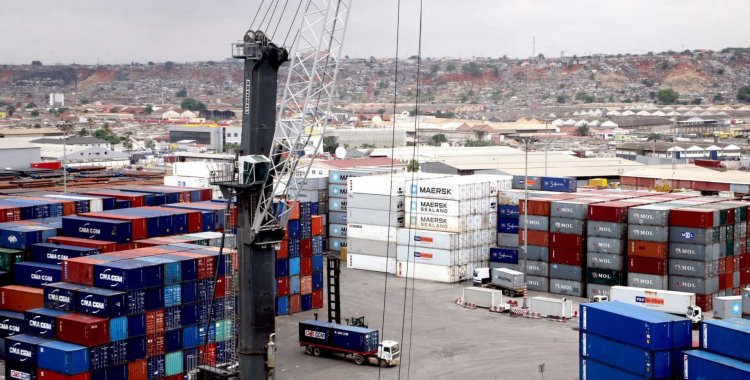"The development of free zones, through tax benefits and incentives, in addition to specific regulations on finance and labour issues, has the potential to encourage foreign investment and sustain growth, but diversification continues to face many barriers," analysts write in a commentary on legislation passed at the beginning of June on these areas of economic activity with special conditions.
"However, substantial increases in economic growth and an expansion of the non-oil economy will require further efforts to tackle corruption, weak regulation and the crowding out of private sector investment due to the presence of the state," the economists of the British magazine The Economist's analysis unit add.
In the commentary, sent to customers and accessed by Lusa, it says that "these areas could lead to a reduction in imports and an increase in exports through the accelerated growth of domestic production and local industries", but due to the covid-19 pandemic these efforts have been redoubled to offset the economic slowdown.
"We expect Angola's real GDP to fall 4.1 percent by 2020 in a context of reduced economic activity in the oil and non-oil sectors," analysts say, estimating that Angola will only return to positive growth in 2022.
"The reduction in revenues limits the government's ability to increase public spending and provide social safety nets to protect income during the country's confinement, and the tight credit conditions will limit investment," they warn.







